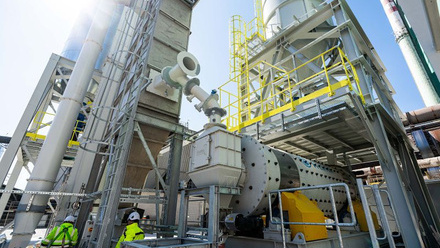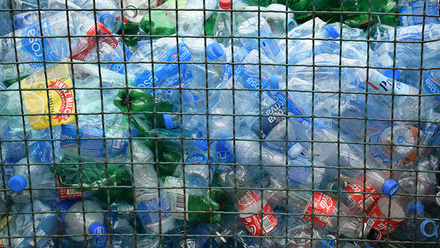How individuals can live more sustainably
Jessika Vae looks at the steps individuals in humanity can take to ensure they live more sustainably.

More and more Brits are becoming aware of their individual impact on the environment. A study led by Aviva reports that more than half of adults in the UK consider themselves to be more environmentally conscious than their pre-pandemic selves. However, the percentage of people who are taking environmentally conscious steps is much lower than what was recorded before the pandemic. This is because the global health crisis forced people into refocusing their priorities and concentrating on making it through the hard times.
But with some simple lifestyle changes, you can significantly lower your environmental impact and live a more sustainable lifestyle.
Eat less meat
The meat industry produces more greenhouse gases than all the vehicles around the world. For one, forests are transformed into land that’s suitable for farming, which then produces billions of tonnes of carbon dioxide. In addition, cattle emit a huge amount of methane into our atmosphere. In fact, UK climate change website Carbon Brief notes that the meat and dairy industry produces about 14.5% of man-made carbon emissions every year. Because of this, it’s important that we pull back on the demand for meat and choose plant-based meat substitutes like tofu and tempeh.
Switch to solar energy
Fitting solar panels on your home is one of the best things that you can do for the environment. With a solar power system, panels known as photovoltaics will absorb sunlight and convert it into electricity. Such systems can power your home and free you from using energy for non-renewable sources like coal and natural gas. However, solar panels do not come cheap and having your home fitted with a solar power system can set you back a few thousand pounds. But if your solar system generates more power than you need, the surplus will go back to the national grid, which can help you recoup the costs of your energy system. In addition, Hoymiles highlights how you can use microinverters to maximise the energy you generate, as well as control your costs. With solar energy, you can help save the environment by transforming your home into a source of renewable energy.
Choose fair trade products
It’s important to be mindful of the corporations and businesses that you support. Some businesses have absolutely no regard for their environmental impact and continuing to patronise such businesses can encourage them to further destroy the planet. To know which businesses you should support, be sure to check if they are Fairtrade certified. In essence, products that have the Fair Trademark are fairly produced and fairly traded. In addition, this certification also means that the producer of the product is committed to sustainable practices. Next time you go out for groceries, be on the lookout and only get products that are Fairtrade certified.
Recycle whenever possible
At this point, everyone already knows how critical recycling and reusing are when it comes to protecting our planet. In a previous post, Tessa Lee notes that recycling, as well as the use of recycled materials in new products, are pivotal in lowering global greenhouse gas emissions and fighting against climate change. But, in the recycling process, our individual efforts should be partnered with proper institutional procedures in order to be truly effective. Because of this, we should also demand our legislators to make recycling services more accessible, as well as have the infrastructure to properly accommodate and process our recyclable rubbish.
Do your bit to help reduce your environmental impact and live more sustainably.
Written for IOM3 by Jessika Vae, Writer







